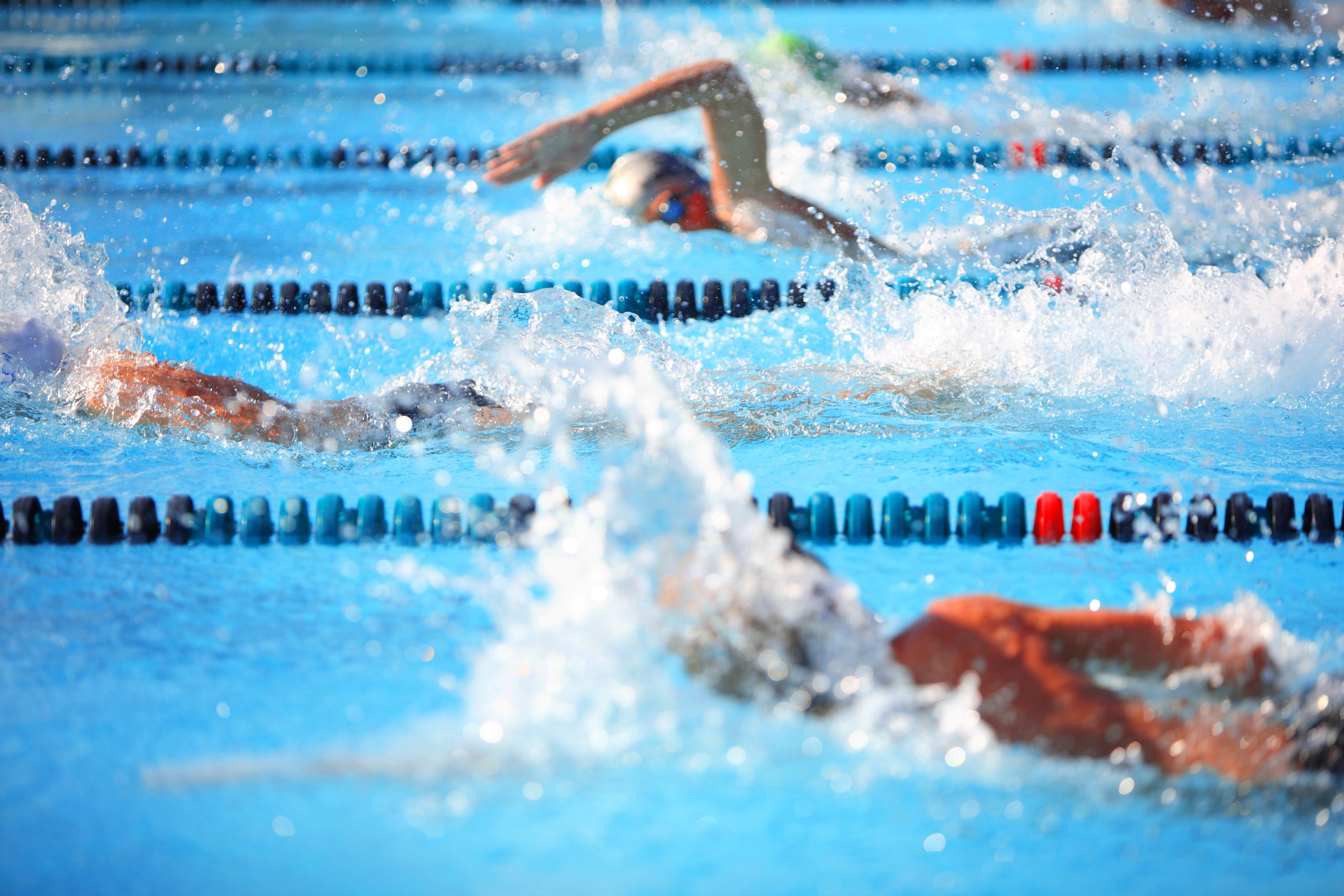Politics
Trans Swimmer Gets Harsh Dose of Reality after Having to Compete on Men’s Team

The most frequently brought up aspect of trans people competing in sports is that women who have to compete against men identifying as women are at a serious disadvantage thanks to biology, particularly in the realm of collegiate and professional sports where the male athletes competing as women were able to fully go through puberty as men and develop their male musculature.
Such is what turned the Lia Thomas situation into a flashpoint, as Thomas was winning primarily because of an advantage in strength compared to the biological women rather than skill, form, or training.
But the other side of that coin is that if a woman decided to become a man and then competes against men, she’s going to get dominated by them. That flip side of the coin was shown recently with a woman who decided to become a man and went from being an all-American swimmer to toward the bottom of the pack. Here’s what the Daily Wire reported:
An Ivy League women’s All-American swimmer went from pool shark to scrub after identifying as male and joining the men’s team, the opposite of the switch made by Lia Thomas.
Iszac Henig, a senior on the Yale men’s swim team, placed 79th out of 83 at a men’s meet in November after earning All-American plaudits as a junior on the school’s women’s team. But in an op-ed column Henig wrote for the New York Times this week, the 22-year-old athlete, whose breasts were removed, says living as a man makes it all worthwhile.
And not only was Henig All-American, but she also was a star on her high-school swimming team and even tried out, as a woman, for the 2016 Olympics. She was a star. Then she “changed” her gender and biological reality intervened.
The Daily Wire, contrasted Henig’s change in fortunes when switching teams to what happened with Lia Thomas’ mediocre pre-identity change performance and subsequent domination of women’s swimming, saying:
Thomas, on the other hand, was a mediocre competitor on the University of Pennsylvania men’s team before identifying as a female and smashing records while representing the school’s women’s team. Several of Thomas’s teammates and rivals complained that Thomas’s biological advantages made competitions unfair.
Thomas and Henig actually competed against each other early last year, after Henig began identifying as a male but before Henig switched over to the men’s team. Henig bested Thomas in both the 100- and 400-yard freestyle events.
The NCAA, however, has changed the rules regarding when trans-athletes can compete as the gender which they identify as rather than the gender to which they were born, so Henig might not have a long time left swimming as a “scrub,” as the Daily Wire put it, for the men’s team. Henig will, as of now, still be competing on the men’s team for the 2022-23 season.
Still, Henig’s time on the men’s team shows biological reality: women can be great at women’s sports, but in sports in which strength is a pre-requisite, they’ll be at a serious disadvantage when competing against biological men.

